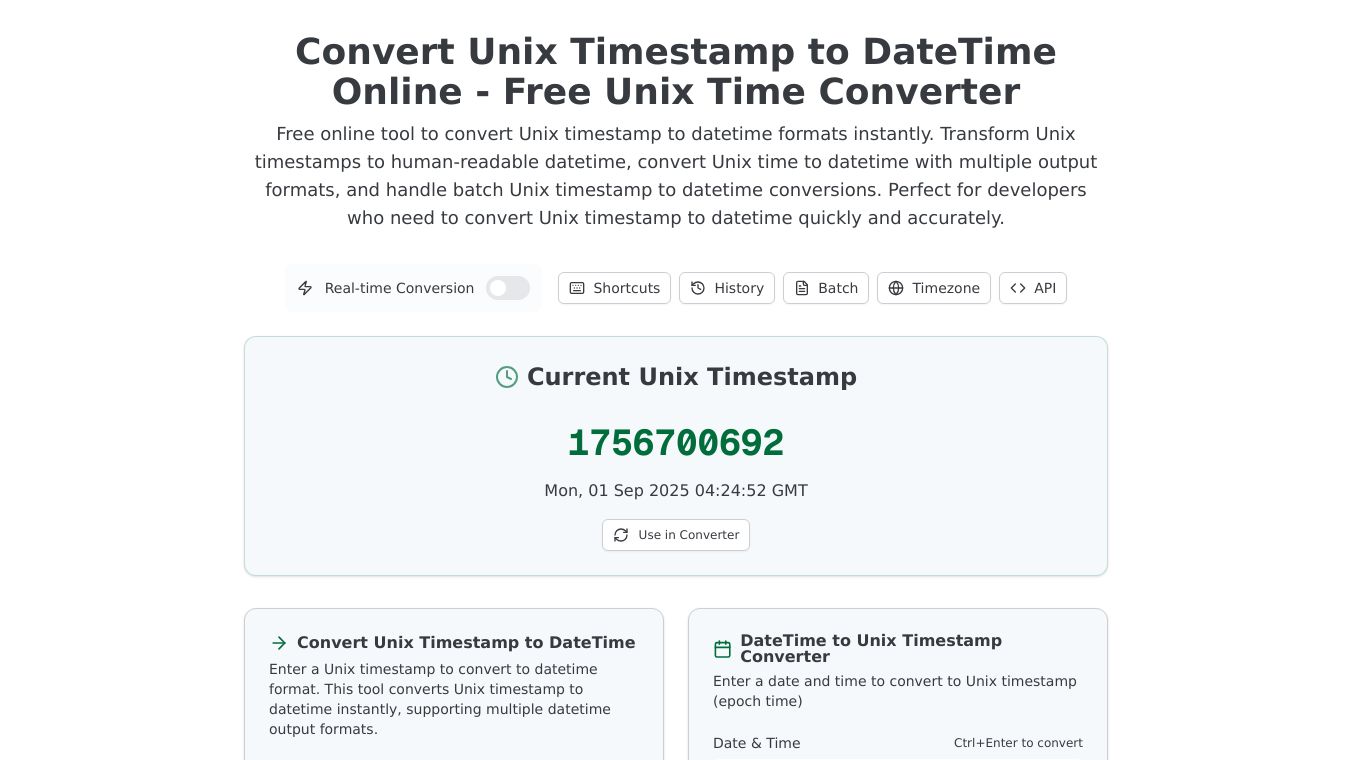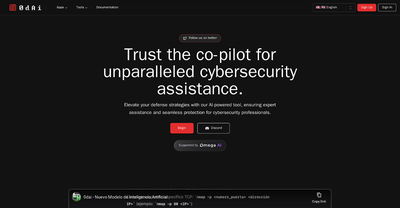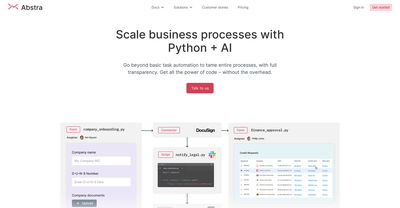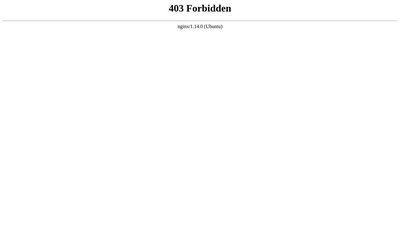Convert Unix Timestamp to DateTime

Convert Unix Timestamp to DateTime
What is Convert Unix Timestamp to DateTime?
Convert Unix Timestamp to DateTime is an online tool designed to simplify the process of converting Unix timestamps to human-readable date and time formats. This tool is particularly useful for developers, system administrators, and anyone working with computer systems, databases, or APIs. It supports multiple datetime output formats, making it versatile for various applications.
Benefits
Easy Conversion
The tool allows users to convert Unix timestamps to datetime formats with just one click. This simplicity makes it accessible for both technical and non-technical users.
Multiple Output Formats
Users can convert Unix timestamps to various datetime formats, including ISO 8601, UTC string, local datetime, and more. This flexibility ensures that the converted datetime meets specific needs.
Batch Conversion
For users who need to convert multiple Unix timestamps at once, the tool offers a batch converter feature. This allows for efficient processing of large datasets.
Quick Examples
The tool provides quick examples and common timestamps, making it easy for users to try out the conversion process instantly.
Understanding Unix Timestamps
What is a Unix Timestamp?
A Unix timestamp, also known as epoch time or POSIX time, is the number of seconds that have elapsed since January 1, 1970, 00:00:00 UTC. This standardized time format is widely used in computing for its efficiency and universality.
Why Use Unix Timestamps?
Unix timestamps are a universal standard that works across all programming languages and systems. They are essential for database efficiency, API integration, log analysis, and scheduling tasks.
Use Cases
Developer Tools
Developers can use this tool to convert Unix timestamps to datetime formats for debugging, logging, and data analysis. The tool supports multiple programming languages, making it a valuable resource for developers.
System Administration
System administrators can use the tool to convert timestamps in system logs and events, making it easier to analyze and troubleshoot issues.
API Integration
For those working with web services and REST APIs, the tool provides a standardized format for timestamp conversion, ensuring compatibility and ease of use.
Frequently Asked Questions
How do I convert Unix timestamp to datetime?
To convert a Unix timestamp to datetime, simply enter the timestamp in the input field and click "Convert to Date". The tool will instantly convert the timestamp to the desired datetime format.
What datetime formats can I convert Unix timestamp to?
The tool supports multiple datetime formats, including ISO 8601, UTC string, local datetime, and more. This ensures that users can get the datetime format they need.
Can I batch convert multiple Unix timestamps to datetime?
Yes, the tool offers a batch converter feature that allows users to convert multiple Unix timestamps to datetime formats simultaneously.
Developer API Available
For developers looking to integrate timestamp conversion into their applications, the tool offers a REST API. This API is perfect for batch processing, automated workflows, and building timestamp conversion into custom tools.
Additional Information
Year 2038 Problem
The tool also addresses the Year 2038 problem, which affects 32-bit systems. Modern 64-bit systems can handle dates until the year 292 billion, making this a non-issue for current applications.
Quick Time Conversions
The tool provides quick time conversions, such as 1 minute = 60 seconds, 1 hour = 3,600 seconds, 1 day = 86,400 seconds, 1 week = 604,800 seconds, 1 month ≈ 2,629,746 seconds, and 1 year ≈ 31,536,000 seconds. These conversions help users understand the relationship between different time units.
This content is either user submitted or generated using AI technology (including, but not limited to, Google Gemini API, Llama, Grok, and Mistral), based on automated research and analysis of public data sources from search engines like DuckDuckGo, Google Search, and SearXNG, and directly from the tool's own website and with minimal to no human editing/review. THEJO AI is not affiliated with or endorsed by the AI tools or services mentioned. This is provided for informational and reference purposes only, is not an endorsement or official advice, and may contain inaccuracies or biases. Please verify details with original sources.






Comments
Please log in to post a comment.